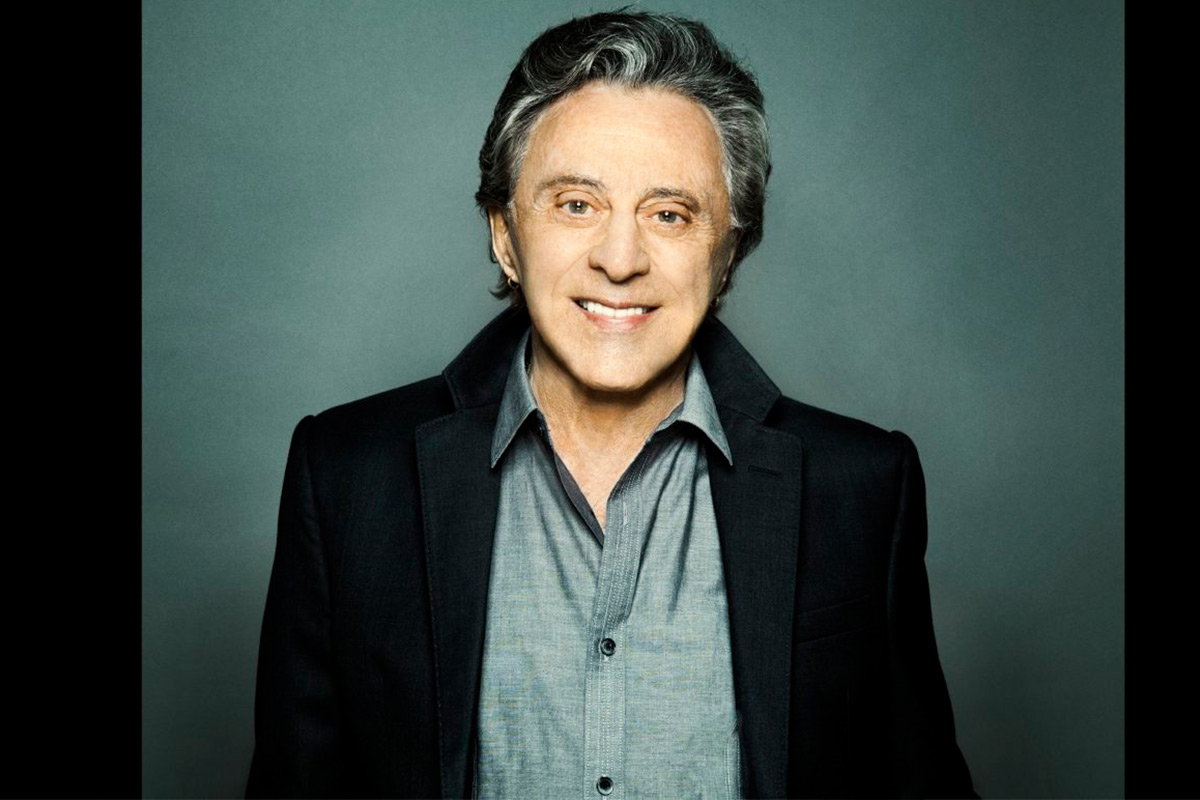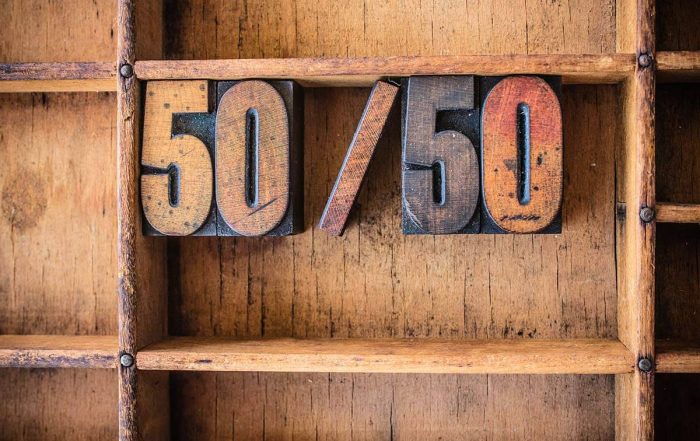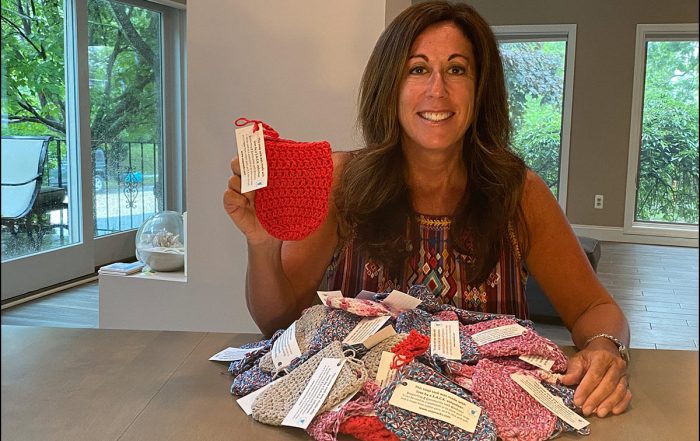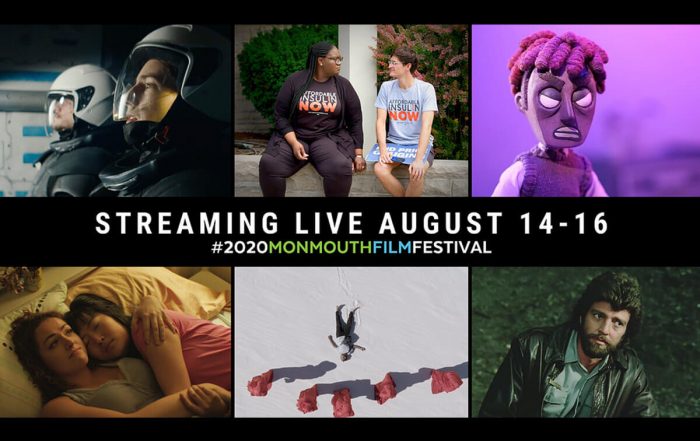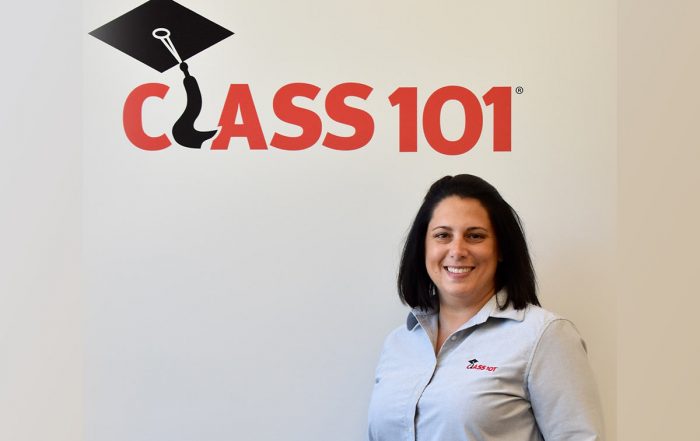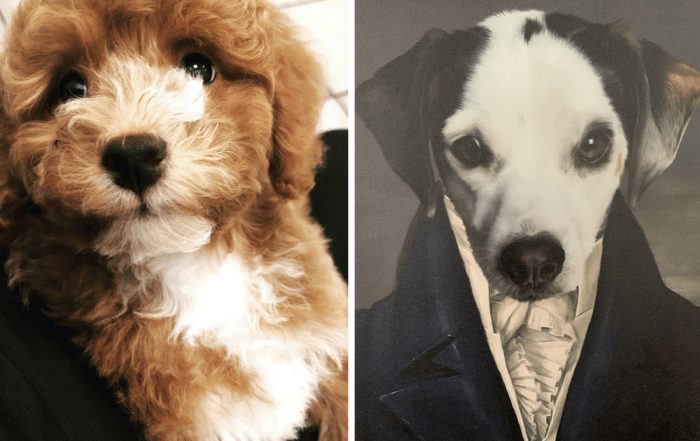FEATURED PHOTO: Frankie Valli
Francesco Stephen Castelluccio was born in 1934 into an Italian family living in the First Ward of Newark.
Anthony and Mary were hard-working, lower-middle income parents to three boys and never dreamed their eldest would go on to become a legend in the music business. Newark in the 1930s was a rough town, and many of Frankie’s friends were seduced by the money a career in organized crime could offer. But from an early age his parents encouraged Frankie’s singing, and it was a trip with his mother to the Paramount Theater in Manhattan that put the dream of music in a Jersey boy’s heart. That night Frankie heard a young Frank Sinatra sing, and his seven-year-old self knew he too would find his way to the stage. Decades later, on the stage of the Paramount Theatre in Asbury Park on May 6, 2018, Frankie and The Four Seasons are honored in the Hall of Fame of his home state. Francesco Castelluccio is known the world over as Frankie Valli and has gone on to have one of the longest running careers in music resulting in 71 chart hits, and more than 100 million records sold before the invention of the compact disc.
Thanks to the success of the Tony-winning musical Jersey Boys, which chronicles Frankie Valli and The Four Seasons, classics from the 60s are popular all over again. Hits Big Girls Don’t Cry, Walk Like a Man, Rag Doll, and Can’t Take My Eyes Off You, have found a new audience, and Jersey Boys is performed nightly from Las Vegas to Broadway to London.
Always a hero to the Italian-American community, Frankie was mentioned often on The Sopranos, one of the most critically acclaimed TV series in history. The music of The Four Seasons was often used over the credits of the show, and the main character, Tony Soprano, bragged that he used the same florist as Frankie Valli. On seasons 5 and 6, Frankie guest starred on the series in the role of mobster Rusty Millio, bringing him closer to a new generation of fans.
Passionate about music, the role of entertainment in society, his home state, and what a fabulous career he has been granted, here is our exclusive interview with Frankie Valli.
CM: What does the induction into the Hall of Fame of New Jersey mean to you?
Frankie: My whole life has revolved around New Jersey. I got my start in New Jersey. My success came while I was in New Jersey. So it’s very, very close to my heart.
CM: You were raised in Newark, correct? Do you get back often?
Frankie: Newark is so changed. There are parts of it I don’t even recognize anymore. It’s kind of sad. I was very attached to Newark as a kid, especially downtown. It had the Adams Theater, which brought all the Big Bands and some of the biggest acts in the country.
CM: Was that your favorite part of your hometown?
Frankie: My appetite to get involved in music came from going to the Adams Theater. I saw the tail end of the Big Band Swing which was really incredible. I got to see everybody from Tommy Dorsey to Glenn Miller and Artie Shaw. It was quite important to me.
CM: When did you start singing?
Frankie: My first singing experience came when I was in elementary school. I sang White Christmas acapella in fourth or fifth grade. I didn’t know what I wanted to be, but I did like to sing. I’ve been singing ever since I can remember, whether around the house or on a street corner. At a very young age I was drawn to jazz. That was really what I wanted to do.
CM: You grew up in a tough neighborhood, how did you keep yourself out of trouble?
Frankie: My mother was all over me as a kid. I got myself into trouble a few times and got a good lesson for it. But I decided I wanted to make something of my life. I remember one time I had a problem with a teacher and my father had to come to school with me, the principal wanted to see him. The first thing my father did was smack me in the mouth and he said that was because he had to take off from work. It was all about respect. I learned that if you really want to work, it can happen for you.
CM: How did Jersey Boys come about?
Frankie: I was motivated after I had had some offers, Bob Gaudio and I, who have been partners for about 55 years, were approached by NBC and CBS. They were interested in doing a movie of the week. I interviewed with a guy to do a full length film and I looked at all the aspects of it and wasn’t really thrilled. Bob and I said, well maybe this is a play. So I made a call to a guy on Broadway and that is where it started. He had it for three or four years and nothing was happening, we couldn’t get anything going. It went to La Jolla Playhouse as a workshop and it developed into something bigger than I had ever imagined. It went in for six weeks and ended up staying for three months, sold out every night, standing ovation after standing ovation. We tried for New York and couldn’t find a theater for a year. I thought it was done. But then it went to 52nd street and just exploded.
CM: Were you involved in the movie version of Jersey Boys?
Frankie: Originally I was involved before he made the film. I was convinced to give up my rights and having any say. It went in a totally different direction. I think Clint (Eastwood) is a spectacular director, but we did not go where I thought we should. I didn’t think it was cast right and that was that.
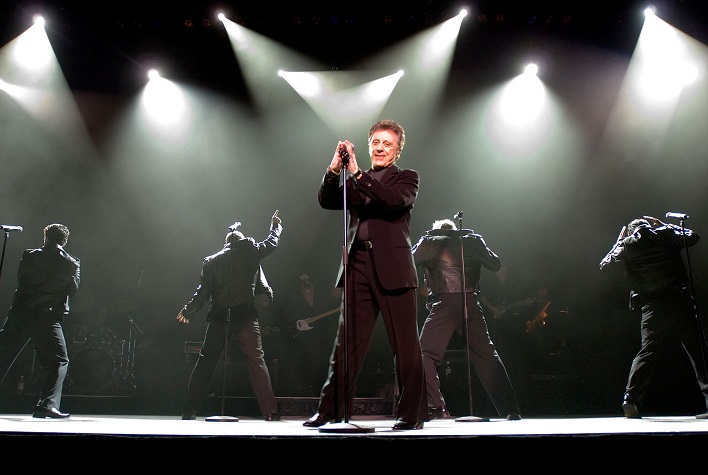
PHOTO: Frankie Valli performing on stage
CM: What does it feel like to have your life turned into a Broadway play?
Frankie: It’s really spectacular to see that happen. You have to keep in mind that in a two hour show you can never get the lives of four people in completion. So it’s a portion of our lives. There was so much more beyond what we could show, so there was a lot of elimination that was hard to swallow. But the writers really did an incredible job. Most of the writing came from the stories Bob and I told them.
The nicest thing about it is it opened the door for other people to come out and do the same kind of thing. Broadway was never known to do the life of anybody I’ve ever seen. Maybe Al Jolson, but beyond that, especially in a pop or contemporary place. I feel as though we were innovators. I thought we had a unique story of four guys who grew up lower middle class, some of the guys having problems early on in their lives with the law, I just thought there was a very unique story there.
CM: What part of your career did you most enjoy?
Frankie: I’ve enjoyed every part of my career. There isn’t a part I haven’t enjoyed. If that weren’t true I wouldn’t be doing it anymore. What’s not to enjoy when you go out in front of an audience and make so many people happy? How could anybody not enjoy that? The most unenjoyable part is the traveling. That’s where it really gets sticky. Back in the day, in the 50s and 60s, it wasn’t one nighters. You did at least a week. Sometimes two weeks. Today it’s a one-nighter business unless you’re in Las Vegas. You go in and do a night, maybe two nights, and you move on to the next place. Setting up and breaking down and traveling.
CM: You’ve seen the music business change so much over the years.
Frankie: I would not want to be starting out in the business today. It’s next to impossible. If you see the percentage of winners of all these reality shows…there are some…but how many of them actually go on to success? It’s different. Television is different. There’s more crime on television than anything else. What happened to all the comedy shows? I would love to see more family-oriented shows. Nobody even talks to each other anymore.
CM: Was it exciting to do the title song for the movie Grease?
Frankie: That was a lot of fun. When I heard the song I immediately agreed to do it.
CM: American Bandstand was a turning point in your career…
Frankie: American Bandstand was a major help in helping to get a hit record. If you had something that was really good, it was a platform so that if you went on and the audience liked it, it was a national show, the next day you could see your sales go up 150,000 or 300,000 records. In today’s world, without radio promoting, a smash hit is 200,000 sales. In the 60s you needed to sell a million records.
CM: Was Sherry your break-out hit?
Frankie: It was the song that established us, as to who we were, and we had a sound that it seemed as though the public liked a lot. I had been recording since I was about fifteen or sixteen years old. No matter how good or bad you sing, it takes a great song to have a hit. It was really nice, we had a built-in situation. We always had material that guys would write specifically for us.
CM: You enjoyed a solo career along with your career with The Four Seasons. How did you manage both?
Frankie: I really didn’t want to do pop music to start off with. But I needed to pay the rent. Once we became successful doing pop music, I realized you didn’t need a musical education to understand it. You either liked it or you didn’t like it, the story that the song told. I started seeing the reaction of the audiences and it made it fulfilling. But in the back of my head I wanted to pursue a solo career, but I thought I could still have a solo career and sing with the group, and I was able to accomplish that. I don’t know of too many others who did that. When they went solo, they left the group. But I didn’t see any reason to leave the group. The public would want to hear those songs. So I did both.
CM: Do you have a favorite song through the years? Or a song you wish you’d done?
Frankie: There were many songs over the years that I thought should have been singles, but we couldn’t get the record companies to release them. We had a tough time getting Can’t Take My Eyes Off of You played. We had a tough time getting Sherry played. You have to have people who believe in you. Radio has been phenomenal to us. I really miss all the great personalities and disc jockeys who have been very loyal. I remember in New York City you had about eight or nine radio stations that were playing pop music. We don’t have that anymore. Radio has turned into talk, sports, and politics. We’re lucky enough to have CBS FM that does a phenomenal job. It’s the number one or number two in every market in the world. So there must be something to this music that can keep an oldies station alive for that long.
CM: Is there a philosophy in life that you follow?
Frankie: It’s not anything that’s new. It’s something that’s been said forever. Do unto others as you would have them do unto you. Always try to turn a negative into a positive. Instead of looking at somebody and being envious of what they have, look at them and say if they can do it, so can I. Let it be an incentive.
CM: What’s next for Frankie Valli?
Frankie: We’ll have a Christmas album this year and we’ll be going into the studio soon. It will come out October or November. I’m on tour. I’ll be playing at the new Hard Rock Casino in Atlantic City. I have a great family. I have three boys and a daughter. I have an incredible counterpart in my personal relationship, which I think is awfully important in everybody’s life. I have a woman in my life, Jackie, who is just fantastic. I do have a granddaughter in the business, Olivia, who is currently in the road show of Wicked. She’s incredible, she’s going to be a star.
Recommended for you
Kids with Cancer Need Help… Here’s What You Can Do
The daily burdens thrust upon families who are battling pediatric cancer are [...]
Monmouth County Historical Association Virtually Celebrates Annual Garden Party
FEATURED PHOTO: MCHA Executive Committee: (l to r front row) Kathy Jones (2nd [...]
Meet Your Neighbor: Stacy Wiener
FEATURED PHOTO: This is where caption text will go for featured photo. As [...]
Monmouth Film Festival Redefines the Festival Experience this August
As film and theater folk like to say, the show MUST go on, [...]
Meet Your Neighbor: Laura Ciccone, Educational Advisor
FEATURED PHOTO CREDIT: Cathy Padilla Laura Ciccone lives in Lincroft with her [...]
Pet Celebs: August 2020
Your pets can be celebrities too. Send in a photo to info@communitymagazinenj.com! [...]



